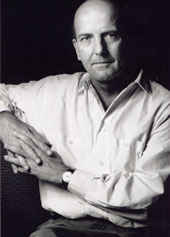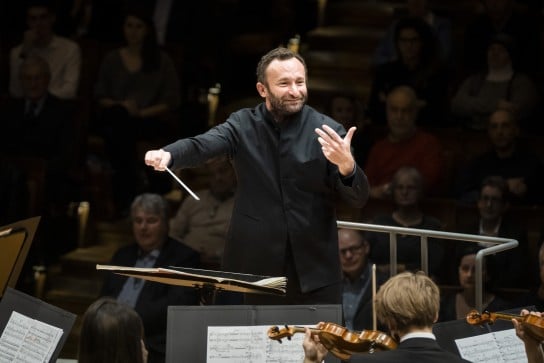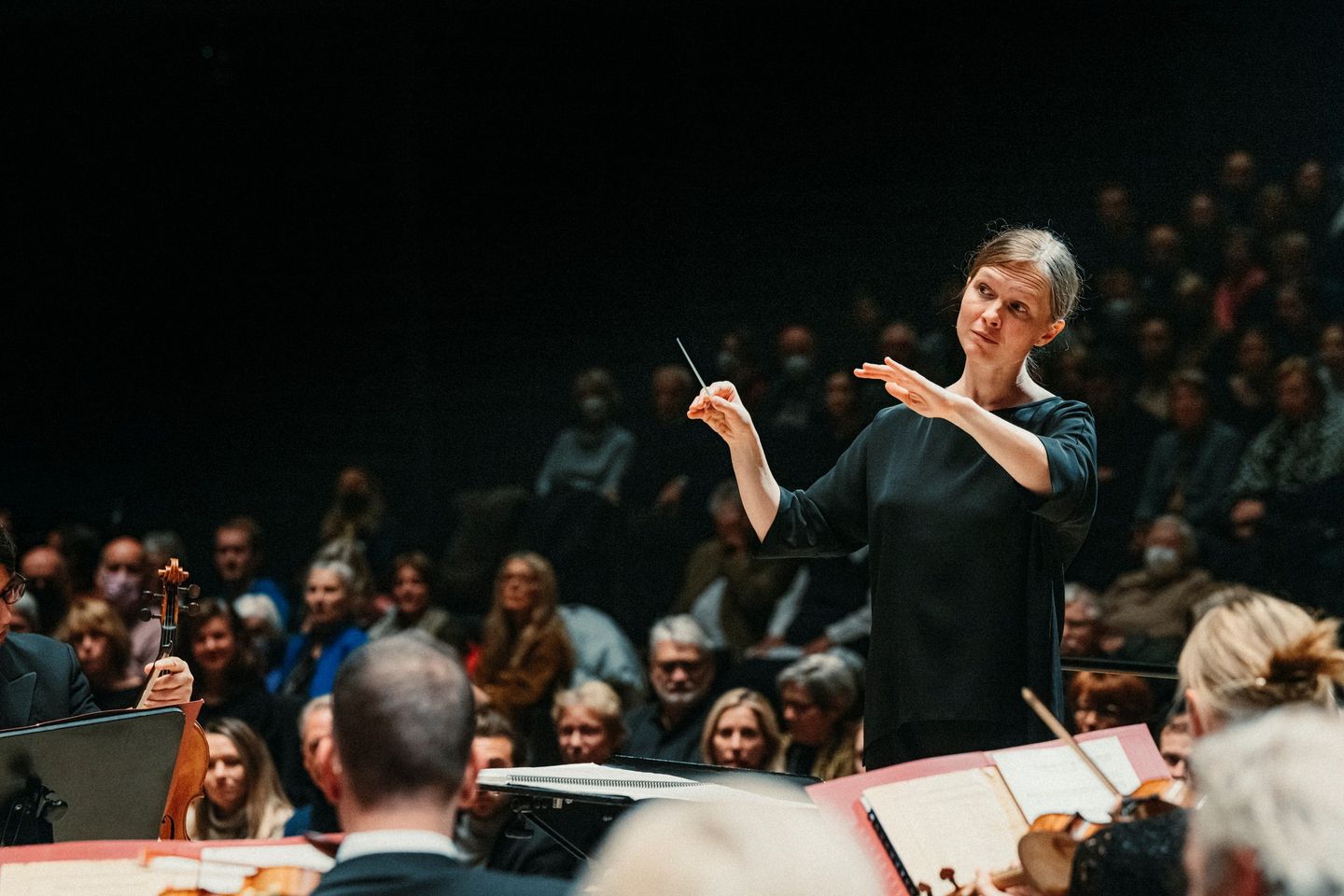The greatest chorus master of his time?
mainA tribute to the late Laszlo Heltay by Roger Walkinton, one of his devoted singers:
It would be difficult to over-estimate the influence of Laszlo Heltay, who has died in Budapest three weeks short of his 90th birthday, upon the performance of choral music all over the world. The clarity and agility which he demanded from his choirs perhaps reached its apogée with the Academy of St Martin in the Fields Chorus which he founded in 1975 when Sir Neville Marriner sought a group whose singing style would match to perfection the style of his already well-established orchestra.
The solid purity of style was only then beginning in the choral world with the likes of the Monteverdi Choir, and marked a new sound far removed from the clipped Anglican cathedral and voluminous Choral Society traditions. Laszlo was the pathfinder of this movement, setting the new musical standard from the start with Collegium Musicum Oxoniense which he founded in 1960 and inspiring generations of conductors, choral leaders and singers who revered him for his musicianship, charisma and relentless perfectionism.
Generations of Sussex music students and music lovers were lucky that from 1968 until the mid 1980s he was Director of Music at the Gardner Arts Centre (now the Attenborough Centre), where he conducted the first ever concert at the GAC in December 1969 and trained the University Choir and Orchestra. In 1967 he created Brighton Festival Chorus which, then as now, rehearsed on campus and in 1995 the University conferred on him an Hon DMus. A pupil of Kodaly at the Franz Liszt Academy, he supported the anti-Communist uprising in 1956 while a producer at the Hungarian Radio from where he fled to England. A place was found for him to pursue his musical talents at
Merton College, Oxford where he remained as Director of Music establishing the CMO (later re-named Schola Cantorum of Oxford) and the Kodaly Choir. In l964 he went to New Zealand for three years to conduct the NZBC orchestra and NZ opera company. At Sussex University he collaborated often with John Birch the University Organist, which led to a professional lifetime of working together with the RPO, the ASMF and later the Royal Choral Society. He held prestigious positions with the Hamburg & Stuttgart Radio Choirs and from 1997 the Spanish TV and Radio Choir in Madrid.
His recordings with all these groups are legion.
Always keen to encourage young musicians, especially conductors and choral singers, Laszlo was heavily involved with the Europa Cantat movement and he regularly toured European countries and further afield as Chorus Master, Guest Conductor, Masterclass leader or Jury member. His final visit to Brighton was in 2006 to conduct BFC in the 40 th Brighton Festival in the Dome but alas he slipped awkwardly on the stage during the dress rehearsal and broke his hip. Outside music, his chief passions were books and languages, football and tennis, chess and dogs, and in both Spain (living for many years near Barcelona) and Hungary he worked hard to set up dog rescue centres. His
autobiography was published in Hungary in 2018, mostly the result of discussions held with the eminent Hungarian author Istvan Elmer, with a title reflecting his combined canine and choral interests – sadly the idea of calling it “From Bach to Bark” did not translate well into Hungarian.
Although he knew precisely how to extract the most spiritual depth from the sacred music he prepared with many choirs, he was profoundly non-religious and was a great disciple of the works of Richard Dawkins. He long ago acquired British citizenship and lived in Hampstead, but moved in the 1990s first to Barcelona and then back to Budapest, living in Pest with his beloved dog Charley.






Meaningless hyperbole. I’m sure he was good, very good (so was Roger Shaw; so was Robert Fountain and many others)but to say that he was the “greatest of all time” is nonsense.
One cannot make such a statement or comparison.
Agreed, if the words ‘greatest of all time’ had appeared in the tribute. In fact the headline, ‘Greatest of his time’ (slightly different!), doesn’t appear in the tribute, and I suspect was not written by its author. I had the huge good fortune to play piano for many of Laszlo’s rehearsals – he was an outstanding choir trainer whose legacy is beyond measure. No need for quibbles over absolute ‘greatest’ or not.
Nice to hear from you Julian and to be reminded of those days. Laszlo was unquestionably an outstanding choir trainer and I totally agree with you about his legacy, regardless of the degree of any comparisons. I sang with the Sussex University choir and then the BFC from it’s second year, for 30 years and remember you well. Do you remember the Beggar’s Opera at the Gardner Centre? What an amazing priviledge it was to have worked with Laszlo and have so many wonderful memories of him. I can’t sing from any of the works we did with him without hearing his voice, and seeing him with arms raised announcing “Ve go on!”.
I was lucky enough to sing for him as a teenager in 1988 on his first visit back to Hungary, for Europa Cantat in Pecs. The music was the War Requiem – one of its first Hungarian performances, I believe, and I think Heltay’s own choice. I remember a demanding but fair and joyful rehearsal process as he coached a couple of hundred young voices from around the continent using a mixture of languages inside a week to a wonderful performance in the incongruent setting of a sports hall.
My choral experience was shaped by Heltay – first in the Oxfordshire youth choir run by one of his protégées (it was her doing that took us behind what was still the Iron Curtain) and then in Schola Cantorum of Oxford. He was ahead of his time in setting up choirs and developing directors who treated amateurs, especially young amateurs, with the same respect and high standards as professionals – and doing so with mixed voices and outside of the Anglican choral tradition. I know the members of the ASMF chorus he led lived him too.
I was one of the founder members of the CMO in 1960 under Laszlo inspirational leadership…
We won the international choral competition in Arezzo , Italy in 1962, the first of many triumphs
Such a privilege to know and sing with Laszlo in those early days….I also was a member of the Merton choir when he was studying there….
How lucky we all were and are to have known such an inspiring musician